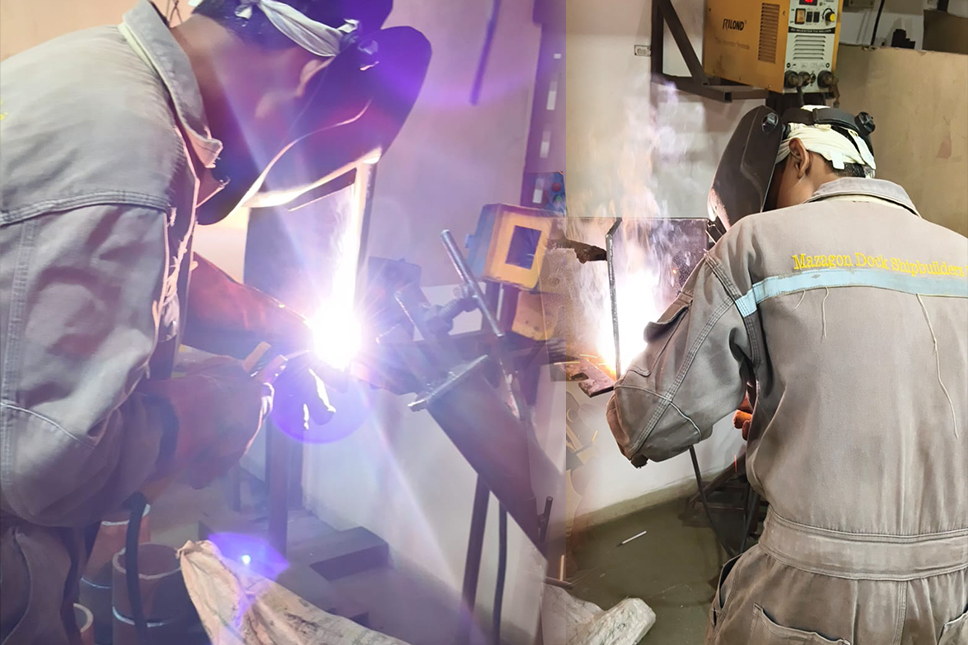WPS, PQR, WPQ & Welder Certification
- Home
- WPS, PQR, WPQ & Welder Certification
Our Other Services

WPS, PQR, WPQ & Welder Qualification – Meaning & Benefits
WPS – Welding Procedure Specification
✅ Meaning:
A Welding Procedure Specification (WPS) is a formal, written document that provides direction to the welder for making production welds in accordance with applicable code requirements. It outlines the essential variables such as:
- Welding process (e.g., SMAW, GTAW, GMAW)
- Base materials
- Filler metals
- Joint design
- Welding positions
- Preheat and post-weld heat treatments
- Welding parameters (current, voltage, speed)
💼 Benefits:
- Ensures uniform welding practices across projects
- Guarantees code compliance (ASME, AWS, ISO, etc.)
- Reduces the risk of weld failure
- Enhances production quality and safety
- Helps in audits and third-party inspections
2️⃣ PQR – Procedure Qualification Record
✅ Meaning:
A Procedure Qualification Record (PQR) is a record of test results obtained by welding a test coupon using a proposed WPS. It includes:
- Actual welding variables used
- Test results (e.g., tensile test, bend test, impact test, etc.)
- Visual and NDT evaluations
The PQR proves that the WPS can produce a sound weld meeting code requirements.
💼 Benefits:
- Provides proof of weld integrity
- Essential for client approval and third-party verification
- Improves project documentation and traceability
- Builds client trust and credibility
3️⃣ WPQ – Welder Performance Qualification
✅ Meaning:
A Welder Performance Qualification (WPQ) is a test to assess the skill of a welder to make a quality weld under specific conditions. It ensures the welder can follow the WPS correctly. The test is usually certified after:
- Visual inspection
- Destructive and/or Non-Destructive Testing (NDT)
WPQ is often issued as a Welder Qualification Certificate.
💼 Benefits:
- Certifies that the welder is qualified and competent
- Improves hiring quality and manpower control
- Mandatory for many regulated industries (oil & gas, marine, pressure vessels, etc.)
- Helps reduce rework and rejections
4️⃣ Welder Qualification – General Concept
✅ Meaning:
Welder Qualification refers to the process of evaluating and certifying a welder’s ability to produce welds that meet specific standards. It’s done in accordance with codes like:
- ASME Section IX
- AWS D1.1
- ISO 9606
- DNV, ABS, LR, IRCLASS for marine and offshore
💼 Profits & Advantages:
- Ensures project success by reducing defects and improving durability
- Facilitates compliance with international codes
- Adds value to the welder’s profile and resume
- Enables companies to bid for high-value and export-oriented projects
- Reduces liability and enhances safety in the workplace
Conclusion:
Investing in WPS, PQR, WPQ, and Welder Qualification is essential for:
- Maintaining high-quality standards
- Ensuring compliance and safety
- Winning client confidence
- Enhancing productivity
- Reducing costs related to failures and repairs
These certifications are not just paperwork—they are strategic tools for business growth, quality assurance, and industry reputation.
